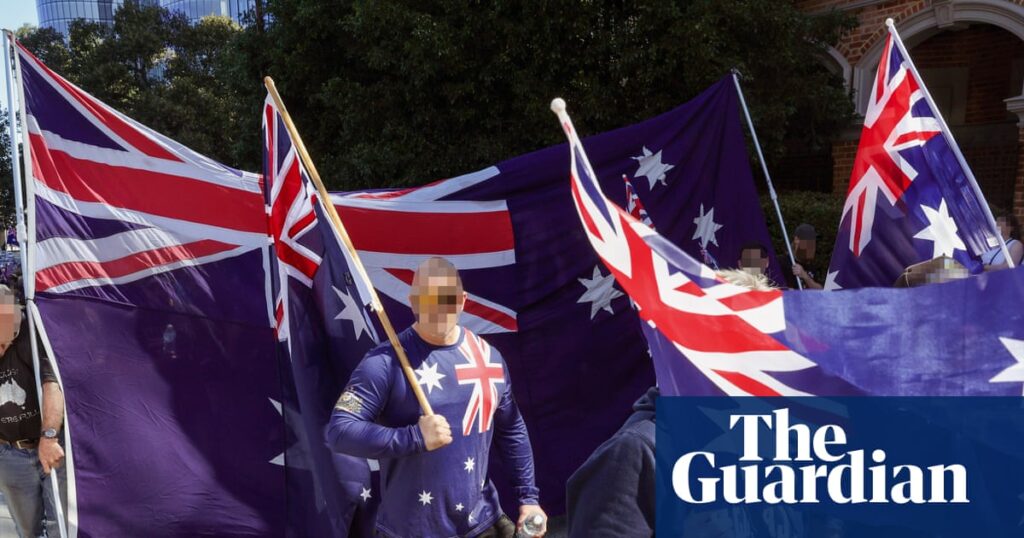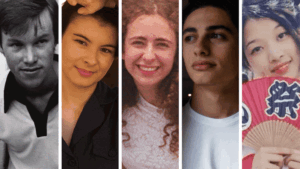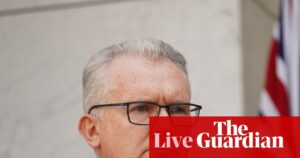
Police forces across Australia are on high alert as several activist groups plan to stage nationwide rallies on Saturday, raising concerns over potential violence. The protests, organized under the “Australia Unites” banner, aim to disrupt major streets in cities across the country.
The rallies are intended to spotlight a range of grievances, including rising cost-of-living pressures, declining health outcomes, increasing violence, financial strain, and environmental policies perceived to favor corporations. However, the unifying theme among the organizing groups appears to be a stance against “government corruption,” particularly focusing on Covid-era vaccine mandates and what they term “radical gender theory.”
Multiple Activist Groups Converge
In addition to the Australia Unites protests, Indigenous and Palestinian activist groups have announced a separate National Day of Action against racism and fascism. These rallies are scheduled to take place in many of the same cities, in response to an alleged neo-Nazi raid on an Indigenous camp in Melbourne on August 31.
Despite assurances from both sides that the rallies will remain peaceful, Victoria Police are preparing for potential clashes. They anticipate that troublemakers from far-left and far-right factions may exploit the protests as an opportunity for confrontation.
Historical Context of Tensions
The backdrop of these rallies includes a history of violent encounters between opposing activist groups. In August, violent brawls erupted in Melbourne between anti-immigration protesters and anti-fascism groups, prompting police to deploy pepper spray to separate the factions. The incident involved a group of men dressed in black clashing with individuals at Camp Sovereignty in King’s Domain, a site of cultural significance for Indigenous Australians.
“The camp is a burial site with the remains of Indigenous people from 38 clans, first established in 2006 during the Commonwealth Games and re-established in 2024.”
Following these events, ten men with alleged links to neo-Nazi groups were arrested and charged with assault and affray.
Police Preparedness and Government Stance
Victoria Police have identified four main groups expected to participate in the upcoming rallies, including those with extreme right and left ideologies. Authorities are particularly concerned about the potential presence of neo-Nazis, despite a key leader being incarcerated.
Victorian Attorney General Sonya Kilkenny has emphasized the government’s support for peaceful protest while condemning any intent to incite violence. “Do not ever use the cloak of protest to go out there and cause crime,” she stated. “There is no place for protests that spread harm, that spread hate, that spread fear and violence, and there is certainly no place in Victoria for neo-Nazis.”
National Implications
While Melbourne remains a focal point for potential unrest, rallies are also planned in Sydney, Hobart, Canberra, and Brisbane. However, police forces in these states have not issued similar warnings about possible clashes.
In Melbourne, officers will be granted additional powers to search individuals for weapons and to instruct people to remove face coverings, measures aimed at preventing violence and ensuring public safety.
Looking Ahead
The upcoming rallies underscore a broader national debate over freedom of expression and the boundaries of peaceful protest. As Australia grapples with these complex issues, the events on Saturday could set a precedent for how such demonstrations are managed in the future.
Observers and participants alike will be watching closely to see how authorities balance the right to protest with the need to maintain public order, a challenge that continues to evolve in the face of diverse and often conflicting societal pressures.







